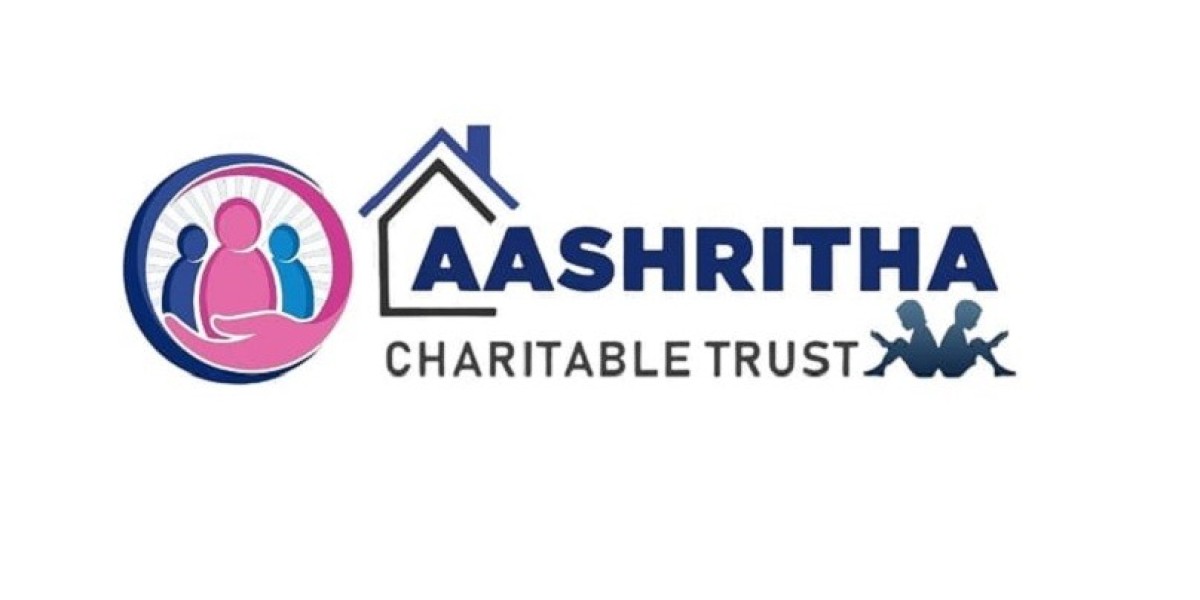Introduction:
In today's fast-paced world, where sustainability is paramount and energy efficiency is a cornerstone of responsible business practices, organizations seek robust frameworks to manage their energy usage effectively. ISO 50001, an international standard for energy management systems (EnMS), provides a systematic approach to improve energy performance, reduce consumption, and ultimately, cut costs. However, to fully harness the benefits of ISO 50001, organizations must invest in comprehensive training programs. This article delves into the importance of ISO 50001 training, its key components, and the advantages it offers.
Understanding ISO 50001:
ISO 50001 outlines requirements for establishing, implementing, maintaining, and improving an EnMS. It offers a structured framework to help organizations develop policies and procedures for efficient energy use, encompassing areas such as energy monitoring, measurement, documentation, and continual improvement.
The Significance of Training:
Effective implementation of ISO 50001 necessitates a well-trained workforce. Training ensures that employees understand the standard's principles, methodologies, and their roles in achieving energy efficiency goals. From top management to frontline staff, everyone must grasp the importance of energy management and their contribution to the organization's overall objectives.
Key Training Components: ISO 50001 training programs typically cover a range of topics, including:
- Understanding Energy Management: Introducing participants to the fundamental concepts of energy management and the requirements of ISO 50001.
- EnMS Implementation: Providing guidance on establishing and implementing an EnMS tailored to the organization's needs.
- Documentation and Record-Keeping: Educating participants on the documentation requirements and best practices for maintaining records of energy performance.
- Auditing and Compliance: Equipping individuals with the skills needed to conduct internal audits, evaluate compliance, and identify areas for improvement.
- Continuous Improvement: Fostering a culture of continual improvement by emphasizing the importance of monitoring, measuring, and analyzing energy performance data.
Conclusion:
ISO 50001 training is not merely a compliance exercise but a strategic investment in organizational efficiency and sustainability. By equipping employees with the knowledge and skills to implement and maintain effective energy management systems, organizations can enhance their competitiveness, reduce environmental impact, and pave the way for a more sustainable future. Embracing ISO 50001 is not just about meeting standards; it's about unlocking the full potential of energy efficiency.








